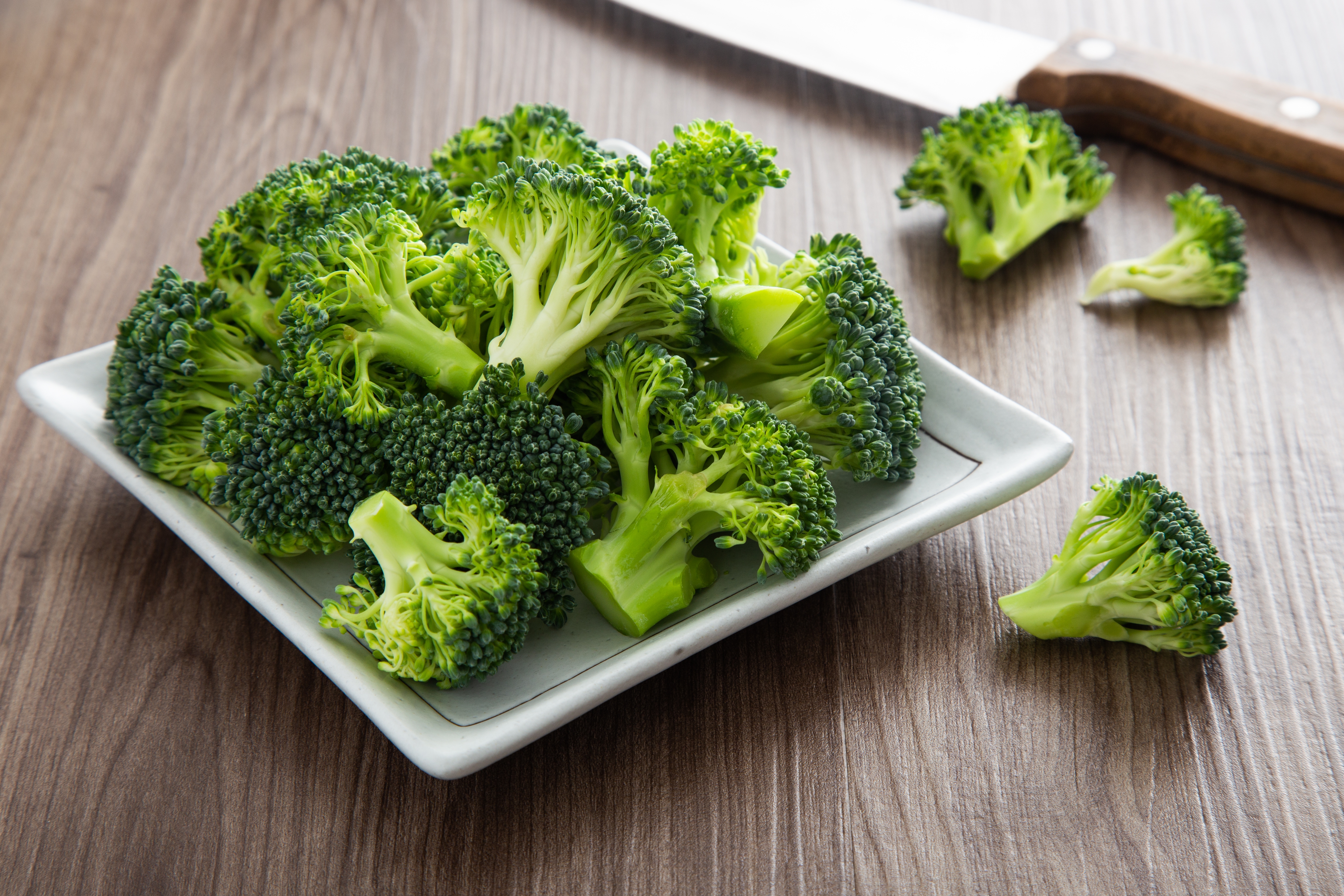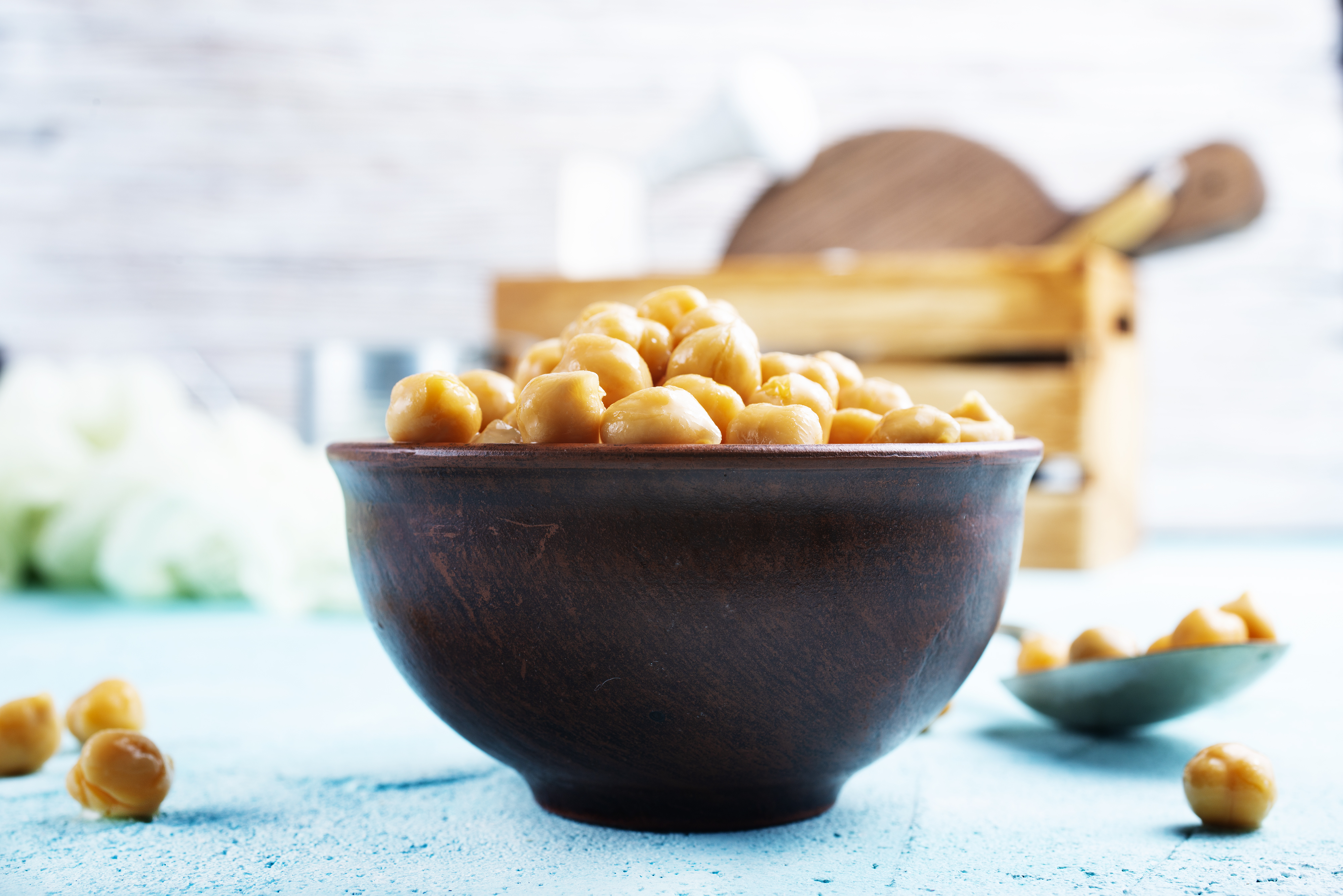Favorite Snacks Secretly Sabotaging Your Sensitive Stomach
In the world of wellness, foods like kale, quinoa, and Greek yogurt are often seen as the holy grail of health. But here’s the twist: many of these “superfoods” can wreak havoc on sensitive stomachs. For those with digestive issues—whether it's IBS, acid reflux, food intolerances, or just a finicky gut—eating clean doesn't always mean eating comfortably. The truth is, a food that’s a nutritional powerhouse for one person can be a digestive disaster for another. That’s why understanding how your body reacts—not just what’s trending in wellness circles—is the key to feeling your best. Here are 24 seemingly healthy foods that may backfire for those with sensitive stomachs, plus tips on how to enjoy them more comfortably (or what to swap them with).
1. Raw Cruciferous Vegetables (Broccoli, Cauliflower, Kale)

Cruciferous vegetables are nutritional powerhouses, loaded with vitamins C, K, and folate, as well as antioxidants that support long-term health. But when eaten raw, they can be a digestive nightmare for people with sensitive stomachs. Their high levels of fiber and sulfur-containing compounds, such as raffinose, can ferment in the gut, leading to uncomfortable gas, bloating, and cramping. These symptoms are especially common for people with IBS or other functional gut disorders, where raw veggies may be more irritating than helpful. The good news is that you don’t have to ditch them altogether. Light cooking methods like steaming, sautéing, or roasting help break down the tough fibers and reduce the sulfur content, making them far easier to digest. Starting with small portions and chewing thoroughly can also help reduce the digestive load. If you love adding kale to your smoothie or raw broccoli to a salad, try blanching them briefly first—you’ll preserve many of the nutrients while giving your gut a break.
2. Legumes (Beans, Lentils, Chickpeas)

Beans and legumes are beloved in plant-based diets for their high protein, fiber, and mineral content—but they can be extremely rough on sensitive stomachs. That’s because they’re full of oligosaccharides, a type of complex carbohydrate that your body can’t fully digest. Instead, these sugars ferment in the large intestine, producing gas that can lead to bloating, discomfort, and even sharp abdominal cramps. For people with IBS or SIBO (small intestinal bacterial overgrowth), legumes can trigger symptoms quickly. If you want to keep legumes in your diet without the pain, preparation is key. Soaking dried beans overnight (or at least several hours) helps break down some of the problematic sugars, and rinsing canned beans thoroughly can reduce their fermentable fiber content. Cooking them until soft is also essential. For added support, digestive enzyme supplements that specifically target oligosaccharides can make legumes more tolerable. Start with smaller amounts—think a few tablespoons rather than a whole bowl—and monitor how your body responds.
